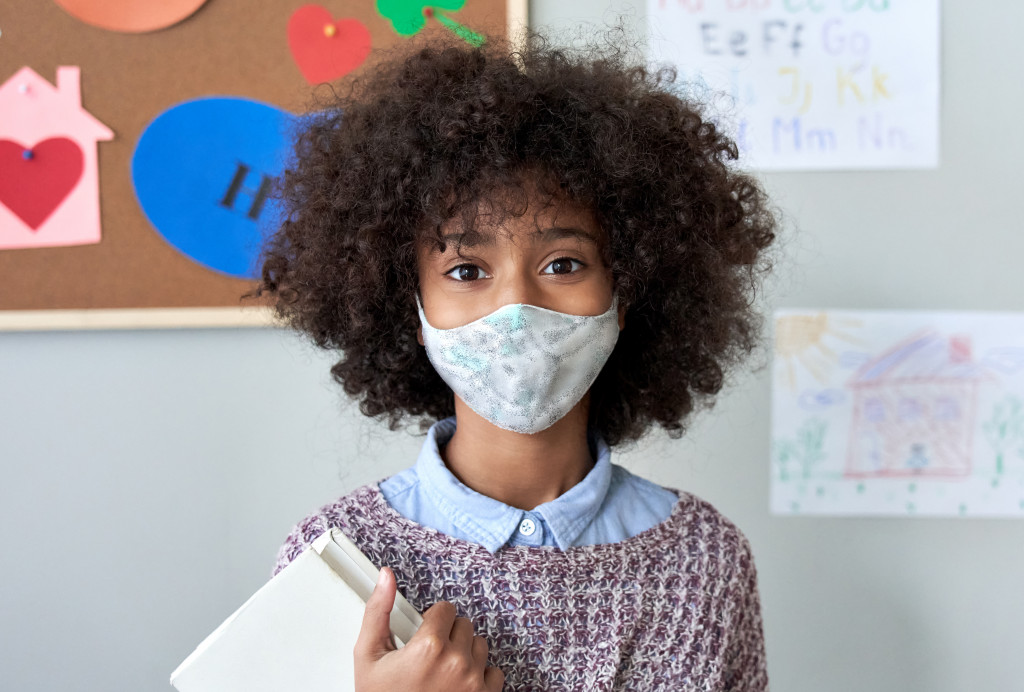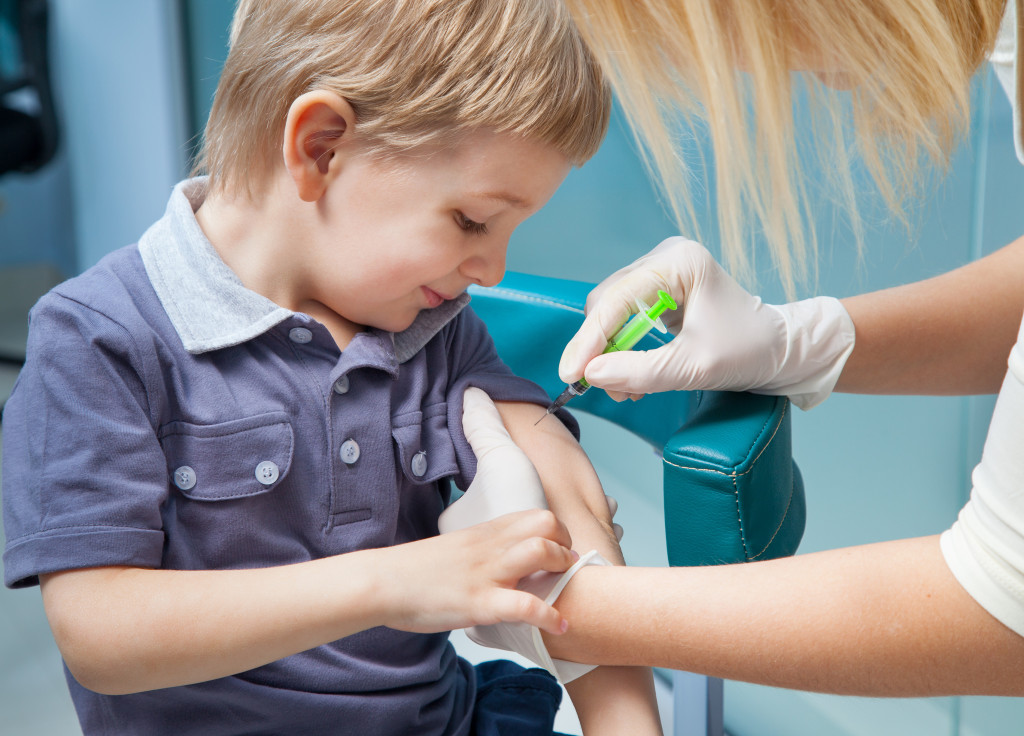- Vaccines are scientifically proven to be safe and effective in preventing various diseases, with severe rare side effects.
- The vaccination schedule is meticulously designed for maximum protection at ideal times and should not be skipped.
- It’s crucial to ask questions and have open discussions with your pediatrician about your vaccination concerns.
- Vaccinations are usually covered by insurance, making them affordable, and they offer protection to your child and the community.
As a new parent, it can be overwhelming to navigate the world of vaccinations for your precious little one. With so much information available, it’s challenging to determine what is true and what is not.
Vaccinating your child is crucial, but it’s essential to be informed and understand the facts to make the best decision for your child. This blog will break down the top things you need to know about vaccinating your child.
Vaccines are safe and effective.
There is overwhelming scientific evidence that vaccines are safe and effective in preventing diseases. Serious side effects are rare, and the benefits of vaccination far outweigh the risks.
Studies have shown that children who receive all recommended vaccines are less likely to get sick, miss school, or be hospitalized. You can trust that the CDC and other public health organizations have carefully evaluated vaccines before they are made available to the public.
The vaccine schedule is carefully designed.
The vaccine schedule recommended by your pediatrician is designed to provide maximum protection for your child at the most effective times. Following the recommended schedule is essential to ensure your child stays protected.
Delaying or skipping vaccines can leave your child vulnerable to severe diseases. You should always discuss the vaccine schedule with your pediatrician and ask any questions you have before making a final decision.
It’s okay to ask questions.

It’s natural for parents to have questions and concerns about vaccines. It’s important to discuss any concerns you have with your pediatrician and ask questions to ensure you have all the facts.
Your pediatrician can help you understand the benefits and risks of vaccination and address any concerns you may have. You can also discuss alternatives to vaccination, such as spacing out doses or delaying certain vaccines until your child is older.
Vaccines are covered by most insurance plans.
Vaccinations are usually covered by insurance plans, including Medicaid and the Children’s Health Insurance Program (CHIP). This means that most families can afford to vaccinate their children. If you have any concerns about cost, talk to your pediatrician or contact your insurance provider. You may be able to find a low-cost vaccine provider in your area.
Vaccines protect your child and others around them.
Vaccines not only protect your child from serious illnesses but also help protect those around them who may be too young or have weakened immune systems. In fact, vaccines have helped eradicate some diseases and have significantly reduced the incidence of others. Here are four examples of these said diseases:
Smallpox
Smallpox is an ancient disease that used to kill or disfigure millions of people until it was eradicated in 1980 thanks to widespread vaccination. Smallpox is the only human disease to have been eradicated, and it serves as a reminder of how successfully vaccines can protect us from illness.
Polio
Polio is an infectious disease that was once widespread in the U.S., but thanks to vaccinations, cases have decreased by 99%. Vaccines are essential for preventing polio because even those who have not been vaccinated can become infected with the virus if it is present in their environment.
Measles
Measles is a highly contagious virus that can cause severe illness, especially in young children. In 2000, measles was declared eliminated in the U.S., meaning there were no cases of continuous disease transmission for more than 12 months. However, since then, cases of measles have been on the rise, so it’s essential to make sure your child is immunized.
COVID-19

Today, vaccines have helped curb the spread of COVID-19 and saved countless lives. This is your child’s best defense against getting this potentially deadly virus, so it’s important to get them vaccinated as soon as they can. But before you do, make sure they undergo COVID-19 testing for kids first. This will help ensure that your child is healthy and ready to receive the vaccine. This is especially important because while the cases of this disease have significantly gone down, it is still very much present in communities. Testing is an essential prerequisite for the vaccine.
Vaccinations are a vital component of ensuring the health and well-being of your child. They provide safe and effective protection against various serious diseases, some of which have been almost entirely eradicated thanks to widespread immunization.
While it’s absolutely natural to have questions and concerns, rest assured that pediatricians and healthcare professionals are there to provide the information and support you need. Protect your child, protect your community – say yes to vaccines.

